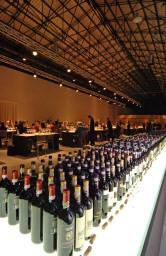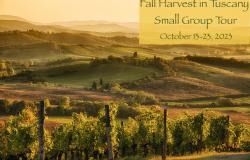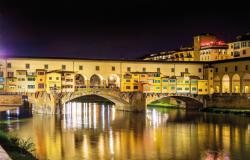Chianti Classico is the world's most cloned wine, the Chianti Classico Consortium said Tuesday, announcing the creation of a special task force to put a stop to imitations.
Consortium chief Marco Pallanti said the task force will safeguard the label and its famous black rooster label by registering them commercially in over 40 countries and monitoring their illegitimate use.
''It was an inevitable decision, especially for those countries like the United States where it isn't possible to safeguard our brand either via bilateral accords or at World Trade Organisation level,'' he said.
The task force will focus on preventing the production of fake Chianti Classico in countries such as Brazil, New Zealand, India, China, the Philippines and South Africa, he said.
The consortium received funding from the agriculture ministry to cover some of the costs of the task force, which will cost around 200,000 euros a year.
To qualify for the famous Chianti Classico black rooster label, wine has to adhere to strict criteria that include designated geographical origin, a minimum 80% Sangiovese red grape content and ''a smell of violets''.
In Tuscany there are around 600 producers of Chianti Classico working some 7,200 hectares of vineyards registered for the DOCG, or a guaranteed protected designation of origin.
Around 37 million bottles of Chianti Classico are produced each year for an annual turnover of around 270 million euros.
The United States is the largest importer of the wine, buying up around 30% of production each year, followed by Germany (10%), the United Kingdom (9%) and Switzerland (7%).
Around 27% of the wine remains in the domestic market.





